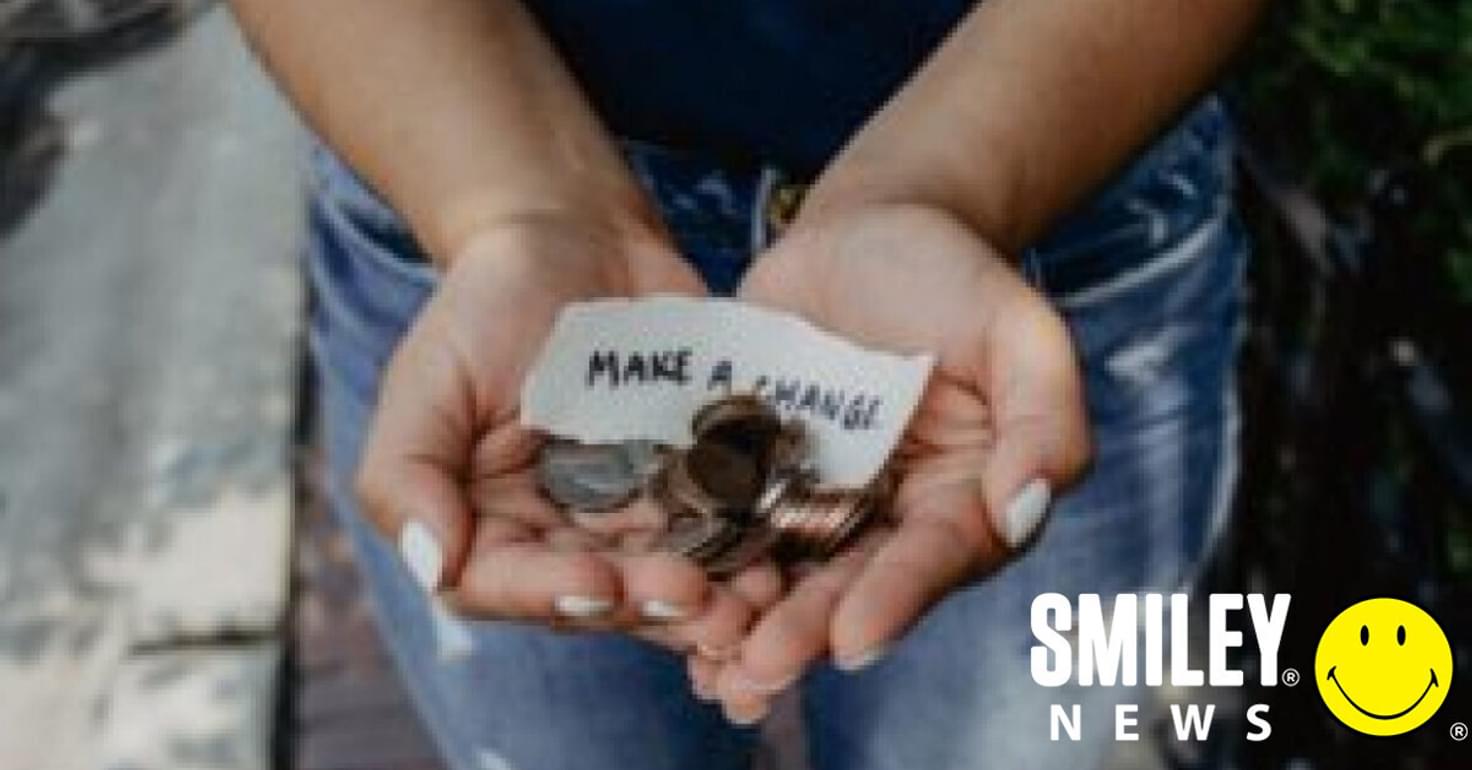
Words by Smiley Team
He is a Peruvian banker who encourages school-children to save, and offers his 2,000 customers cash for recycling plastic waste. But the really remarkable thing about José Adolfo Quisocala is that he is still a child himself.
When many of his peers dreamed of becoming professional footballers, firefighters or cumbía music stars, José Adolfo had his sights set on the world of finance from an early age.
By the age of seven, attending a state school in the Peruvian city of Arequipa, he decided he wanted to create a bank for children. He was motivated by seeing his peers skipping lunch because they had spent the little money they had on sweets or football cards. What drove him even more was the poverty he saw among children who were not attending his primary school.
“Seeing children living in poverty, seeing many children working in the streets, at the traffic lights selling sweets, begging … made me think, why can’t these children go to a normal school,” he told the Guardian.
“One of the reasons why those kids were working was because there was no money at home. Why can’t I teach them to save?”
The Bartselana student bank he founded then now has more than 2,000 clients between the ages of 10 and 18 and offers loans, micro-insurance and other financial services. The children can withdraw money from the cashpoints of several banks and building societies using personal bank cards, which no one else can use, and monitor their balances online. He also set savings goals his clients had to reach in order to withdraw money.
The student bank really took off when he came up with an innovative way for the children to earn money by collecting recyclable plastic or paper waste.
“The children would sometimes bring savings of a few cents and I had promised that they could buy a bicycle, a computer or a laptop but with that amount of money it would take a long time,” he says. “I thought there must be a way they can earn money and I thought about rubbish; we all generate rubbish and I decided that was the solution.”
The children bring plastic bottles, used school exercise books and old newspapers to a kiosk at their school where it is weighed and their bank accounts are credited with the corresponding amount of money.
José Adolfo struck deals with local recycling companies to pay his bank’s clients a slightly higher price than normal; for example 0.80 Peruvian Soles (0.19 GBP) a kilogram of plastic or white paper.
“We don’t want them to be in the street collecting rubbish but at home stopping the rubbish from reaching the street. So in their homes, they put out boxes for cardboard, paper, bottles – they start collecting and it becomes valuable,” José Adolfo explains.
His efforts have not gone unnoticed by Peru’s environment ministry, which has made home recycling one of its principal campaigns. The country has introduced a law to tackle its estimated 18,000 tonnes of solid waste a day, half of which is not disposed of in landfills and ends up on streets, beaches and in rivers.
“By joining that with recycling and the handling of waste, a serious problem in our country, he’s scoring a double goal because he’s not just designing a financial opportunity for children and teenagers but also helping to reduce the amount of waste in the country.”
The bank recycles about four tonnes of material a month and has kiosks in seven schools in Arequipa; more are on a waiting list.
Original article by Dan Collyns - Source The Guardian
Photo by Kat Yukawa on Unsplash